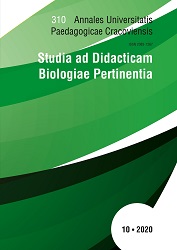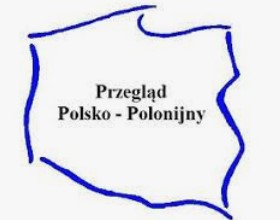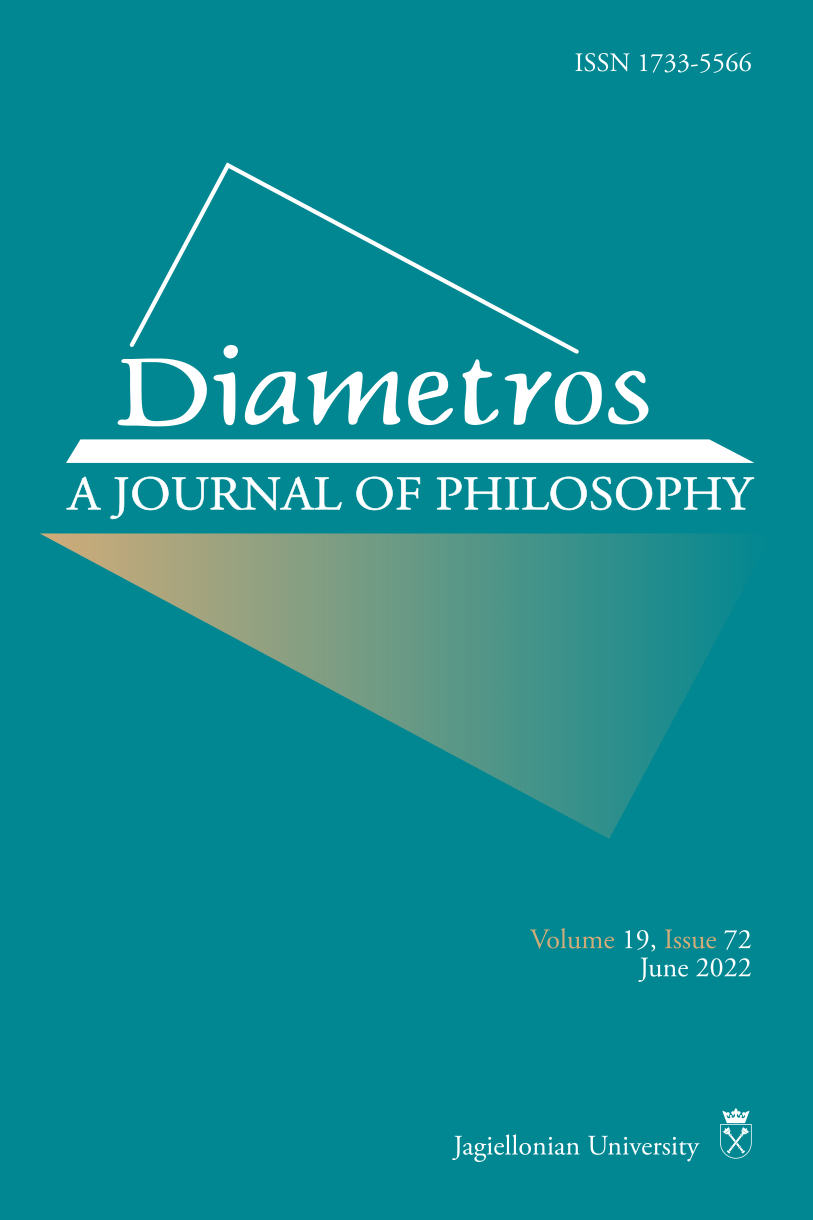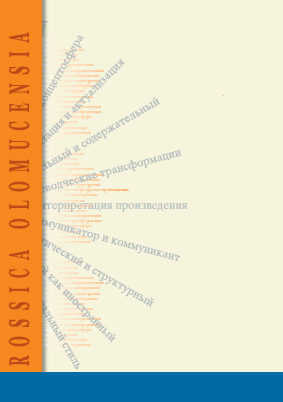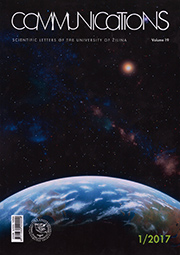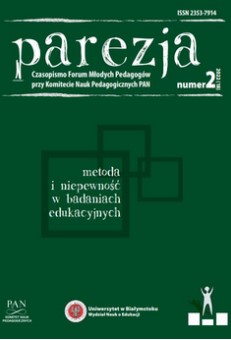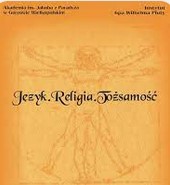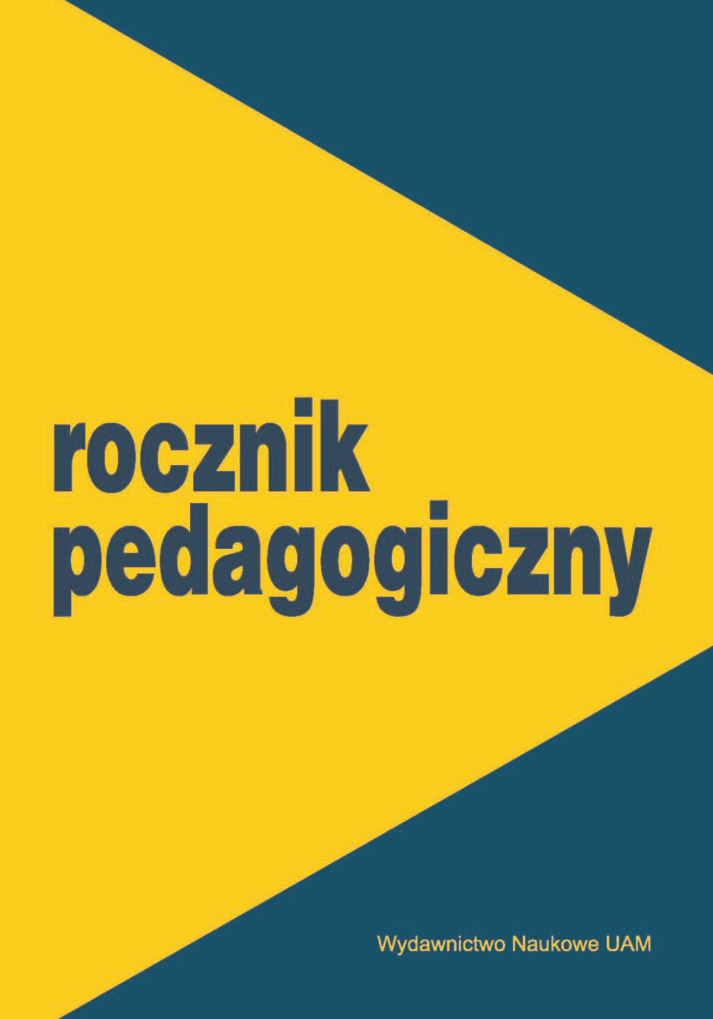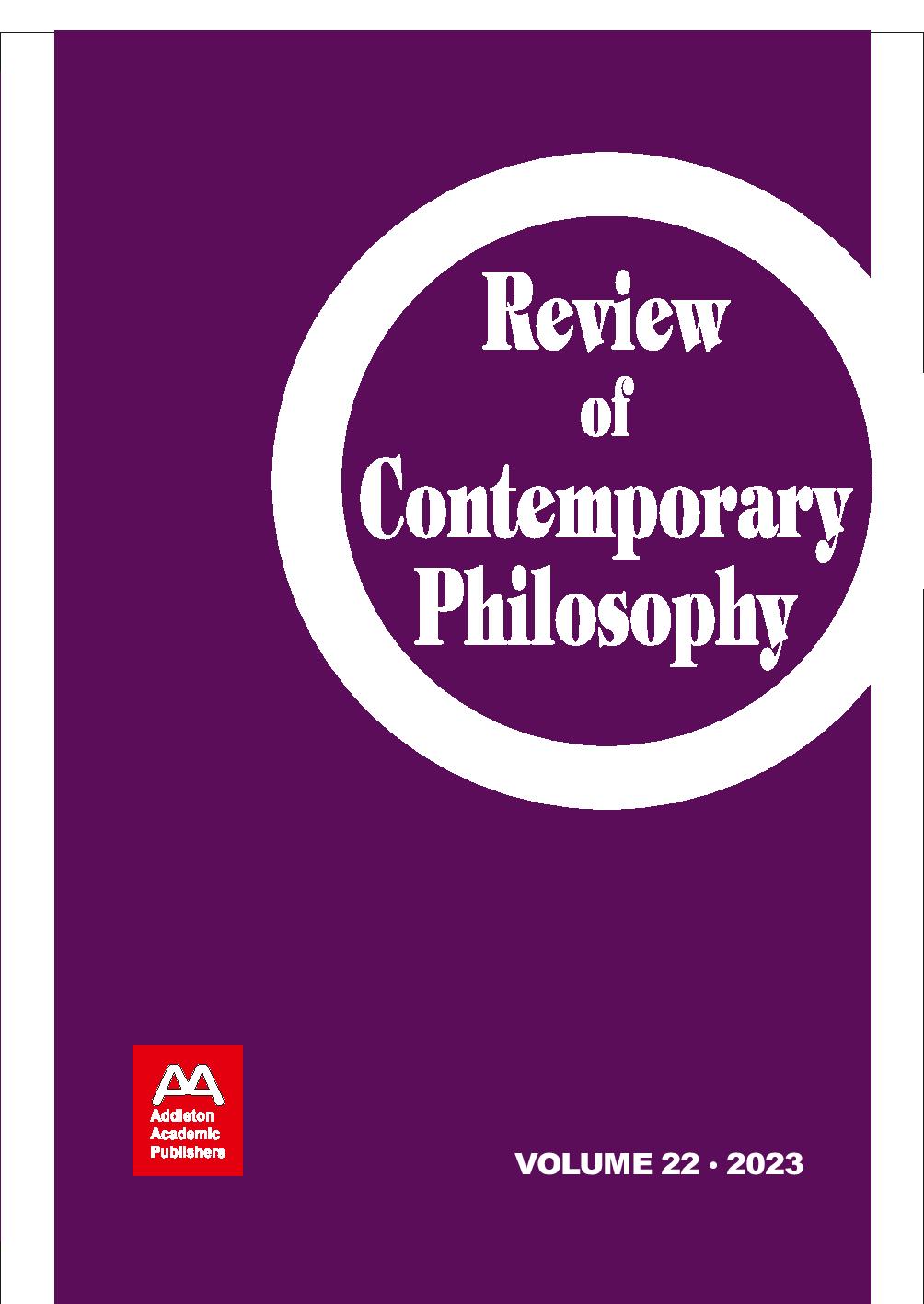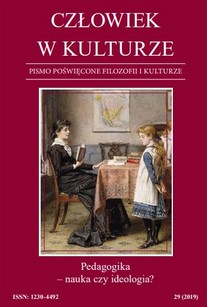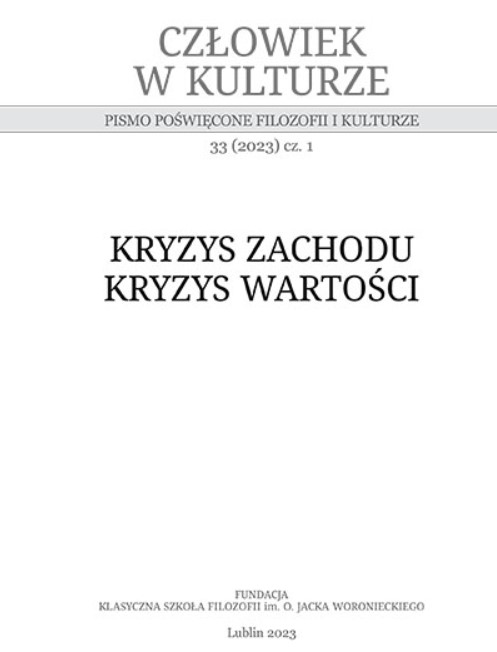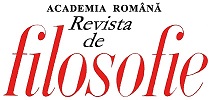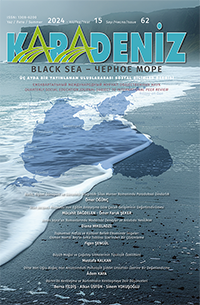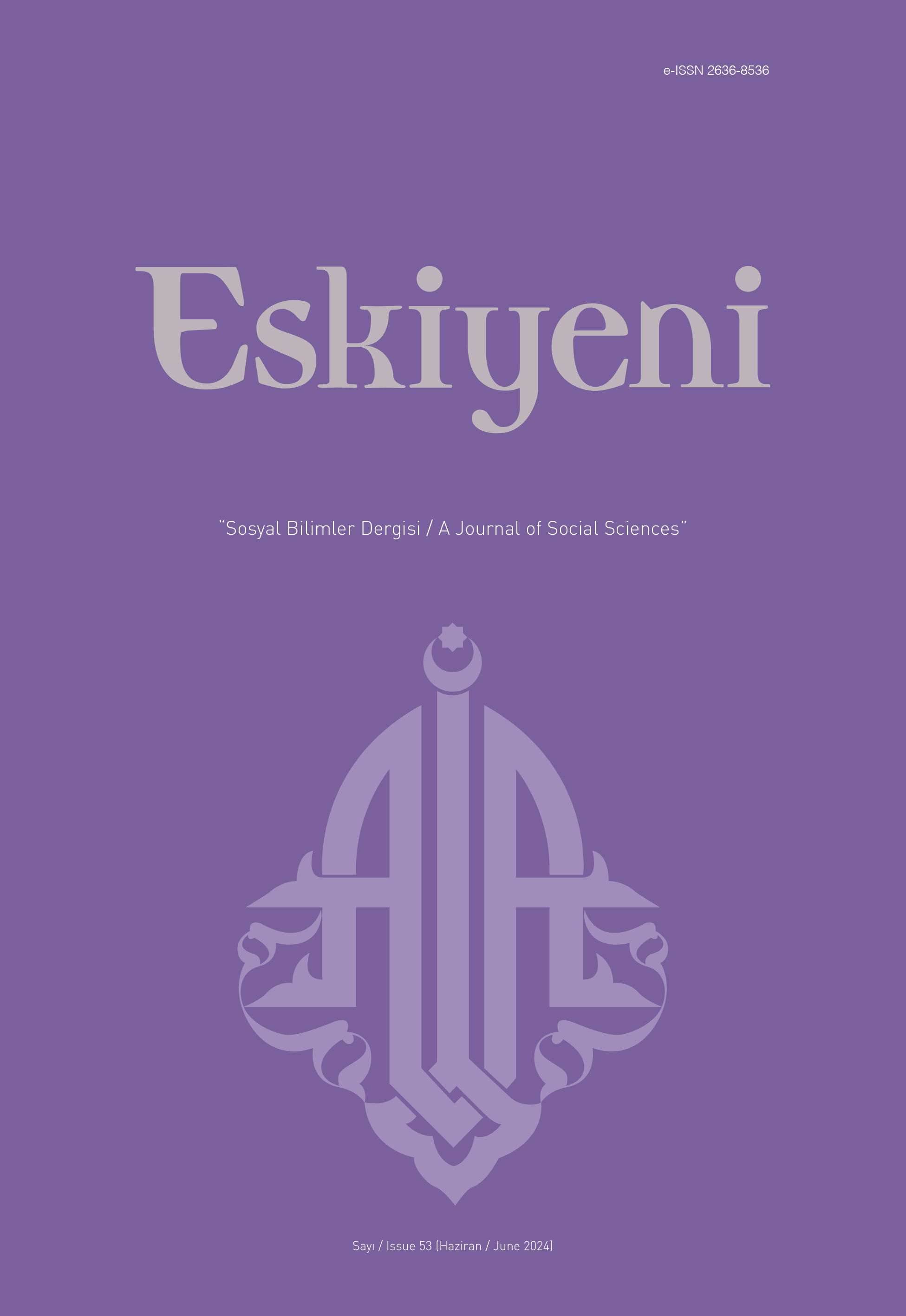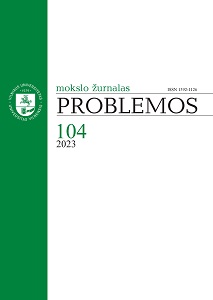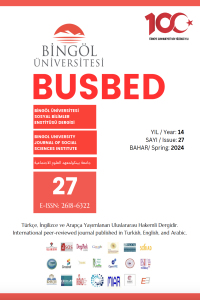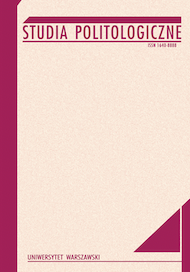Author(s): Vahit Celal / Language(s): Turkish
Issue: 53/2024
This study aims to reveal what Plato’s conception of education (paideia) is, regardless of the views of Plato’s commentators. Therefore, by directly referring to Plato’s dialogues, the educator, the educated and his views on education will be explained in outline. The article will be limited to Plato’s views on education in the dialogues, not his metaphysical thought as a whole. Plato’s conception of education differs fundamentally from other educational paradigms in that it does not involve merely transferring information to the student or endowing the student with the ability to see. Plato deals with this issue in the seventh chapter of his masterpiece known as Politeia/Republic, while describing the famous Allegory of the Cave. Accordingly, it is stated that the student already has a seeing eye, so the problem is not related to vision, but the main problem is that the student’s point of view is not facing in the right direction. According to Plato, knowledge (episteme) cannot be something acquired later because what is acquired lateris subject to change. However, what is “subject to change” cannot be knowledge of the truth or true knowledge. Therefore, Plato defends the idea that knowledge of truth must be present in the student’s memory. According to Plato, the essence of knowing is remembering (anamnesis) has been revealed accordingly. The presence of the knowledge of the truth in memory is related to the fact that the psyche (soul) possesses an awareness or innate knowledge of the truth prior to its union with a body or its incarnation. However, the human psyche has forgotten that it is aware of the truth in question. Plato describes this situation as amnesia. The whole point is to get out of the amnesia state and return to the situation before birth. Education(paideia) plays the main role in realizing or remembering the knowledge of the truth stored in the memory. Another point that should be emphasized in Plato’s understanding of education is that it is psyche that is educated, not the person. Because, according to Plato, a person or identity corresponds to a character acquired later. In this sense, since the character is also subject to change, it is the psyche that needs to be trained, not the character. In addition, the study will include the views of the Philosophy of Education, which is a sub-branch of Modern Philosophy, is examined especially within the idealist understanding of education and Plato’s views on education are analysed in this context.
More...
